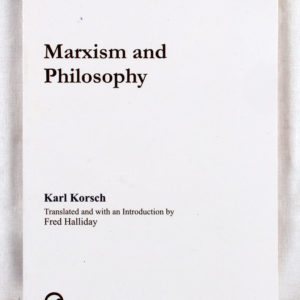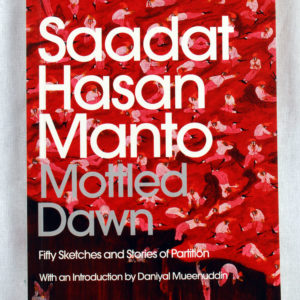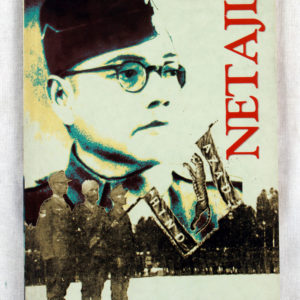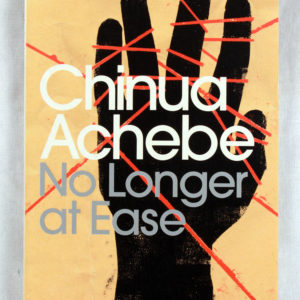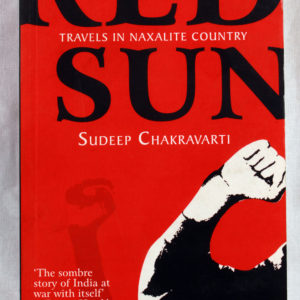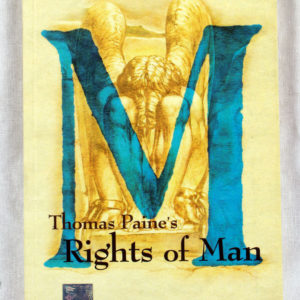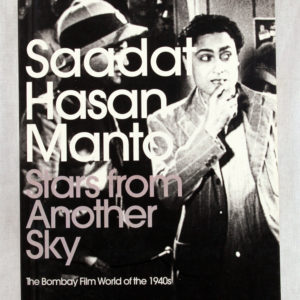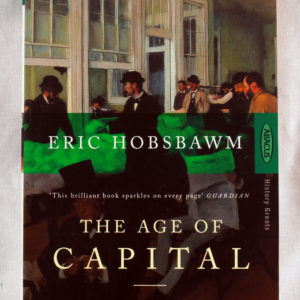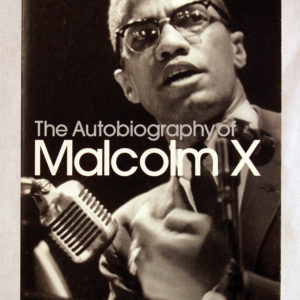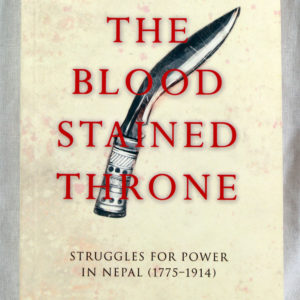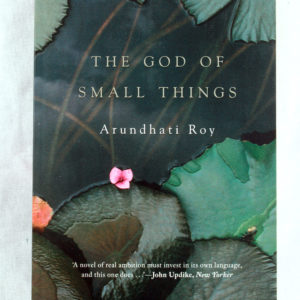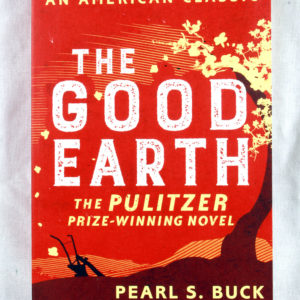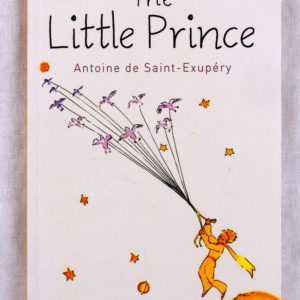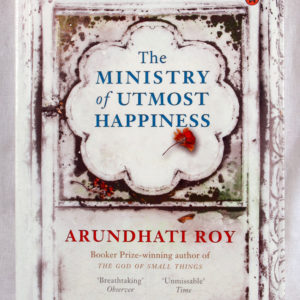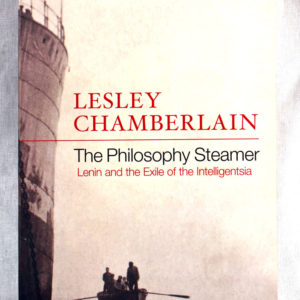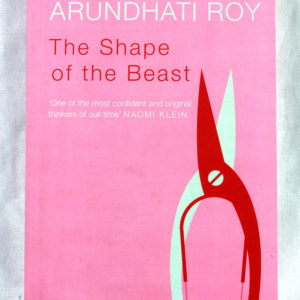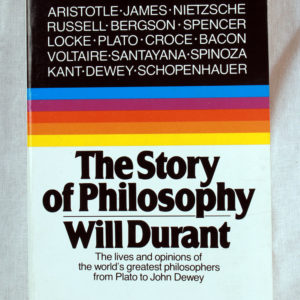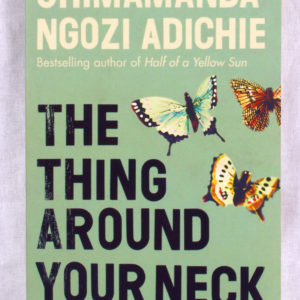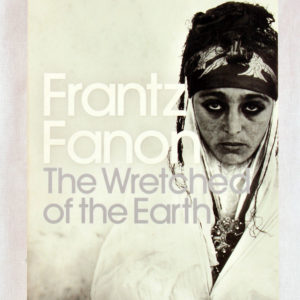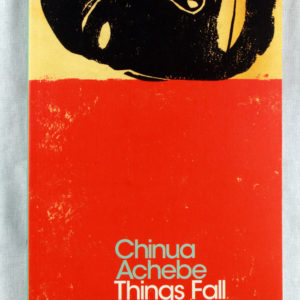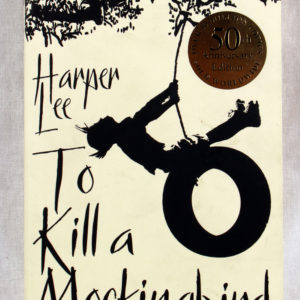Filter
This book extends the theme of Raymond Williams’s earlier work in literary and cultural analysis. He analyses previous contributions to a Marxist theory of literature from Marx himself to Lukacs, Althusser, and Goldmann, and develops his own approach by outlining a theory of `cultural materialism’ which integrates Marxist theories of language with Marxist theories of literature. Williams moves from a review of the growth of the concepts of literature and idealogy to a redefinition of `determinism’ and `hegemony’. His incisive discussion of the ‘social material process’ of cultural activity culminates in a re-examination of the problems of alignment and commitment and of the creative practice in individual authors and wider social groups.
In Marxism and Philosophy Korsch argues for a reexamination of the relationship between Marxist theory and bourgeois philosophy, and insists on the centrality of the Hegelian dialectic and a commitment to revolutionary praxis. Although widely attacked in its time, Marxism and Philosophy has attained a place among the most important works of twentieth-century Marxist theory, and continues to merit critical reappraisal from scholars and activists today.
Publisher : Aakar Publications
Mottled Dawn Is A Collection Of Saadat Hasan Manto S Most Powerful Pieces On The Partition Of The Subcontinent Into India And Pakistan In 1947. The Book Includes Unforgettable Stories Like Toba Tek Singh , The Return , The Assignment , Colder Than Ice And Many More, Bringing Alive The Most Tragic Event In The History Of The Indian Subcontinent.
A concise biography of Netaji Subhas Chandra Bose meant for the young. The book will help to inculcate in the rising generation the basic human qualities like partriotism, national unity, self-sacrifice, courage and a concern for the poor of which Netaji was the shining example.
Krishna Bose is an eminent writer, educationist and parliamentarian. Educated at Calcutta University, she taught for 40 years at the City College of Calcutta where she was Head of the Department of English and for 8 years the Principal. She is a leading contemporary writer of Calcutta.
In 1967, Naxalbari, a village in West Bengal, became the centre of a Mao inspired militant peasant uprising guided by firebrand intellectuals. Today, Naxalism is no longer the Che Guevara-style revolution that it was. Spread across 15 of India’s 28 states, it is one of the world’s biggest, most sophisticated extreme-Left movements, and feeds off the misery and anger of the dispossessed. Since the late 1990s, hardly a week has passed without people dying in strikes and counter-strikes by the Maoists – interchangeably known as the Naxalites – and police and paramilitary forces.
In this disturbing examination of the ‘Other India’, Sudeep Chakravarti combines political history extensive interviews and individual case histories as he travels to the heart of Maoist zones in the country: Chhattisgarh (home to the controversial state-sponsored Salwa Judum programme to contain Naxalism), Jharkhand, West Bengal, Karnataka and Andhra Pradesh (where a serving chief minister was nearly killed in a landmine explosion triggered by the Naxalites). He meets Maoist leaders and sympathizers, policemen, bureaucrats, politicians, security analysts, development workers, farmers and tribals – people, big and small, who comprise the actors and the audience in this war being fought in jungles and impoverished villages across India. What emerges is a sobering picture of a deeply divided society, and the dangers that lie ahead for India.
Revolutionaries is vintage Hobsbawm, written masterfully amid one of the century’s most intense periods of political and social upheaval, putting those events in historical context. Few observers were as astute as Hobsbawm at probing, criticizing, and clarifying radical movements, whether in Beijing or Berkeley. Ranging from historical investigations into communism to contemporary appraisals of revolutionary movements and meditations on Marxism, Hobsbawm’s commentaries are essential guides to ideas and people that changed the face of the twentieth century.
Rights of Man (1791), a book by Thomas Paine, including 31 articles, posits that popular political revolution is permissible when a government does not safeguard the natural rights of its people. Using these points as a base it defends the French Revolution against Edmund Burke’s attack in Reflections on the Revolution in France (1790).
It was published in two parts in March 1791 and February 1792.
With subjects ranging from film journalism to the sexual eccentricities of these stars, Manto brings to life a generation with his characteristic verve and honesty. The book provides unforgettable reminiscences about the eccentric, glamorous, yet angst-ridden Hindi film world of the 1940s.
In this book, Eric Hobsbawm chronicles the events and trends that led to the triumph of private enterprise and its exponents in the years between 1848 and 1875. Along with Hobsbawm’s other volumes, this book constitutes and intellectual key to the origins of the world in which we now live.
Although it pulses with great events—failed revolutions, catastrophic wars, and a global depression—The Age of Capital is most outstanding for its analyis of the trends that created the new order. With the sweep and sophistication that have made him one of our greatest historians, Hobsbawm indentifies this epoch’s winners and losers, its institutions, ideologies, science, and religion.
The Autobiography of Malcolm X was published in 1965, the result of a collaboration between human rights activist Malcolm X and journalist Alex Haley. Haley coauthored the autobiography based on a series of in-depth interviews he conducted between 1963 and Malcolm X’s 1965 assassination. The Autobiography is a spiritual conversion narrative that outlines Malcolm X’s philosophy of black pride, black nationalism, and pan-Africanism. After the leader was killed, Haley wrote the book’s epilogue. He described their collaborative process and the events at the end of Malcolm X’s life.
Nepal, land of Buddhism and misty mountains, is not a nation whose history one would expect to be filled with blood. And yet, the struggle to gain and keep control of the mountain kingdom is one marked by a long history of violence and murder. The Bloodstained Throne is a translation of Aba Yasto Kahilyai Nahos, a compilation of historic essays that recount some of the bloody battles for power in a tumultuous period a phase that spanned more than one hundred years.
Published posthumously in Nepali, this tale of the machinations, massacre and bloodletting that rocked Nepal s power centre the royal palace will give you a rare and fascinating glimpse into one of the least-known and most violent power struggles that South Asia has ever seen.
The God of Small Things is the debut novel of Indian writer Arundhati Roy. It is a story about the childhood experiences of fraternal twins whose lives are destroyed by the “Love Laws” that lay down “who should be loved, and how. And how much.” The book explores how the small things affect people’s behavior and their lives. It won the Booker Prize in 1997.
The God of Small Things was Roy’s first book and only novel until the 2017 publication of The Ministry of Utmost Happiness twenty years later. She began writing the manuscript for The God of Small Things in 1992 and finished four years later, in 1996. It was published the following year. The potential of the story was first recognized by Pankaj Mishra, an editor with HarperCollins, who sent it to three British publishers. Roy received £500,000 in advance and rights to the book were sold in 21 countries.
The Good Earth is a novel by Pearl S. Buck published in 1931 that dramatizes family life in a Chinese village in the early 20th century. It is the first book in a trilogy that includes Sons (1932) and A House Divided (1935). It was the best-selling novel in the United States in both 1931 and 1932, won the Pulitzer Prize for Fiction in 1932, and was influential in Buck’s winning the Nobel Prize for Literature in 1938. Buck, who grew up in China as the daughter of missionaries, wrote the book while living in China and drew on her first-hand observation of Chinese village life. The realistic and sympathetic depiction of the farmer Wang Lung and his wife O-lan helped prepare Americans of the 1930s to consider Chinese as allies in the coming war with Japan.
The novel was included in Life Magazine’s list of the 100 outstanding books of 1924–1944. In 2004, the book returned to the bestseller list when chosen by the television host Oprah Winfrey for Oprah’s Book Club.
The Little Prince, French Le Petit Prince, fable and modern classic by French aviator and writer Antoine de Saint-Exupéry that was published with his own illustrations in French as Le Petit Prince in 1943. The simple tale tells the story of a child, the little prince, who travels the universe gaining wisdom. The novella has been translated into hundreds of languages and has sold some 200 million copies worldwide, making it one of the best-selling books in publishing history.
The Ministry of Utmost Happiness takes us on an intimate journey across the Indian subcontinent—from the cramped neighborhoods of Old Delhi and the roads of the new city to the mountains and valleys of Kashmir and beyond, where war is peace and peace is war. Braiding together the lives of a diverse cast of characters who have been broken by the world they live in and then rescued, patched together by acts of love—and by hope, here Arundhati Roy reinvents what a novel can do and can be.
‘Compelling, laudably unsentimental and deeply significant.’ — Frances Stonar Saunders, GuardianIn 1922, Lenin personally drew up a list of some 220 ‘undesirable’ intellectuals to be deported in preparation for the creation of the Soviet Union in December of that year. Two ships sailed from Petrograd that autumn, taking around 70 of these eminent men and their families away to what became permanent exile in Berlin, Prague and Paris. Using diaries, letters and memoirs, The Philosophy Steamer tells the story of the philosophers, writers, journalists and scholars thrown out of their homeland and forced to join migr communities. It also explores the fate of ideas: not just those of Lenin, but also of the men who, though forced to leave their homeland, made unique contributions to the cultural and intellectual life of the twentieth century.’Chamberlain movingly describes the experience of exile in ways that echo that great exile novelist Nabokov himself… a richly humane and complex book of enormous spiritual depth by a remarkably talented author.’ — Michael Burleigh, Sunday Telegraph
The shape of the beast is our world laid bare, with great courage, passion and eloquence, by a mind that has engaged unhesitatingly with its changing realities, often anticipating the way things have moved in the last decade in the fourteen interviews collected here, conducted between january 2001 and september 2008, arundhati roy examines the nature of state and corporate power as it has emerged during this period, and the shape that resistance movements are taking as she speaks, among other things, about people displaced by dams and industry, the genocide in gujarat, maoist rebels, the war in kashmir and the global war on terror, she raises fundamental questions about democracy, justice and non-violent protest unabashedly political, this is also a deeply personal collection through the conversations, arundhati talks about the necessity of taking a stand, as also the dilemma of guarding the private space necessary for writing in a world that demands urgent, unequivocal intervention and in the final interview, she discusses with uncommon candour her ambiguous feelings about success and both the pressures and the freedom that come with it
A brilliant and concise account of the lives and ideas of the great philosophers—Plato, Aristotle, Bacon, Spinoza, Voltaire, Kant, Schopenhauer, Spencer, Nietzsche, Bergson, Croce, Russell, Santayana, James, and Dewey—The Story of Philosophy is one of the great books of our time. Few write for the non-specialist as well as Will Durant, and this book is a splendid example of his eminently readable scholarship. Durant’s insight and wit never cease to dazzle; The Story of Philosophy is a key book for any reader who wishes to survey the history and development of philosophical ideas in the Western world.
A dazzling story collection from the best-selling author of Americanah and We Should All Be Feminists, “one of the world’s great contemporary writers” (Barack Obama).
In these twelve riveting stories, the award-winning Chimamanda Ngozi Adichie explores the ties that bind men and women, parents and children, Africa and the United States. Searing and profound, suffused with beauty, sorrow, and longing, these stories map, with Adichie’s signature emotional wisdom, the collision of two cultures and the deeply human struggle to reconcile them.
The Wretched of the Earth (French: Les Damnés de la Terre) is a 1961 book by Frantz Fanon, in which the author provides a psychiatric and psychologic analysis of the dehumanizing effects of colonization upon the individual and the nation, and discusses the broader social, cultural, and political implications inherent to establishing a social movement for the decolonization of a person and of a people. The French-language title derives from the opening lyrics of “The Internationale”.
Harper Lee’s Pulitzer Prize-winning masterwork of honor and injustice in the deep South—and the heroism of one man in the face of blind and violent hatred
One of the most cherished stories of all time, To Kill a Mockingbird has been translated into more than forty languages, sold more than forty million copies worldwide, served as the basis for an enormously popular motion picture, and was voted one of the best novels of the twentieth century by librarians across the country. A gripping, heart-wrenching, and wholly remarkable tale of coming-of-age in a South poisoned by virulent prejudice, it views a world of great beauty and savage inequities through the eyes of a young girl, as her father—a crusading local lawyer—risks everything to defend a black man unjustly accused of a terrible crime.


